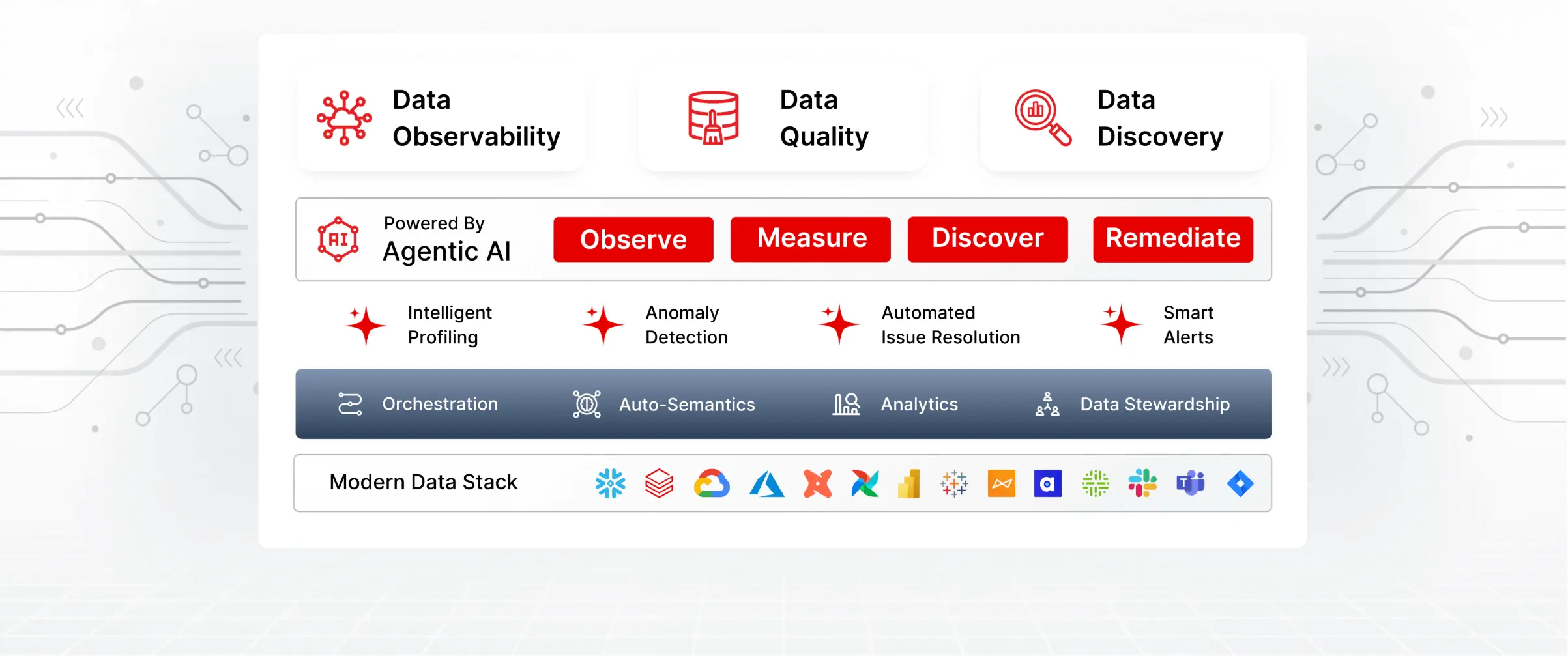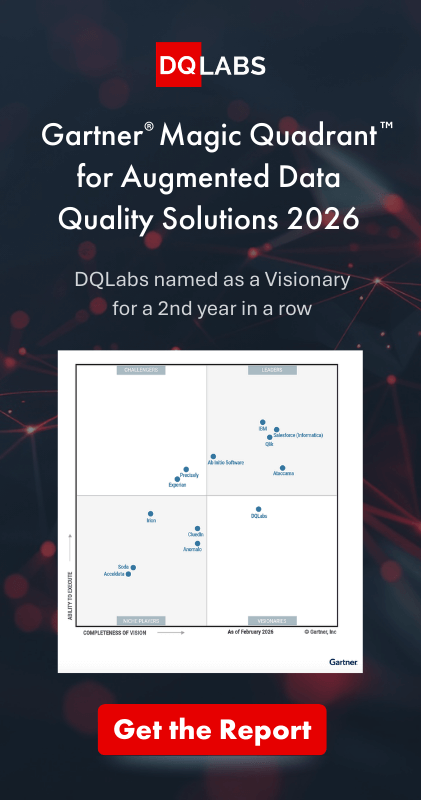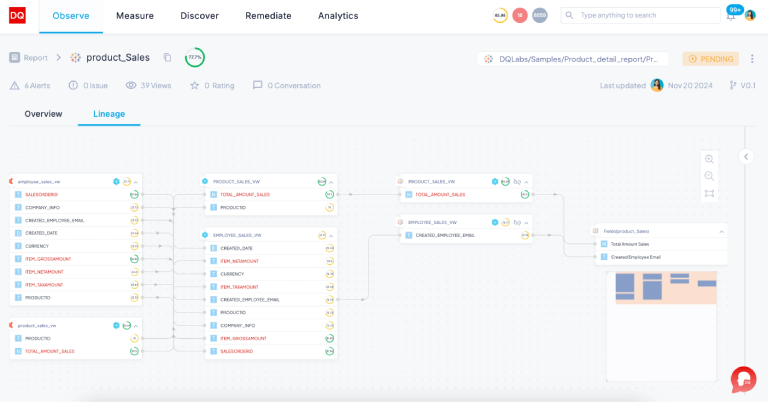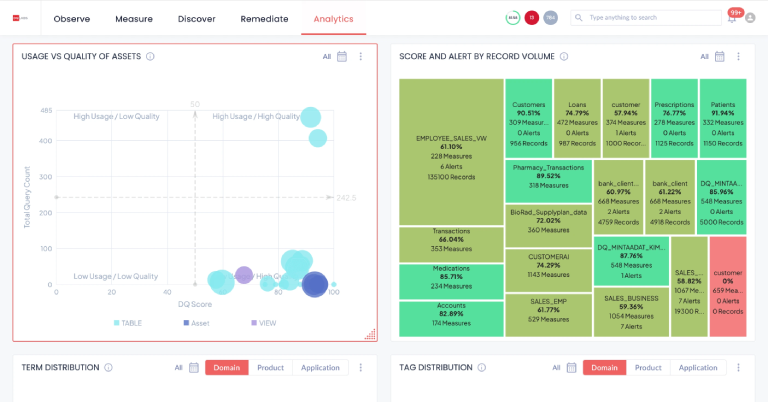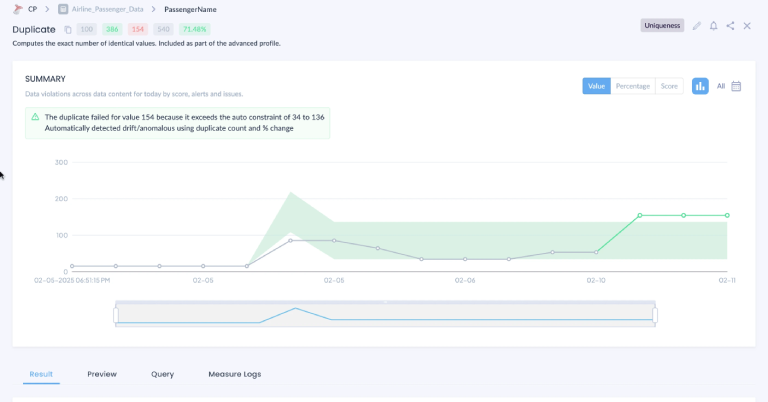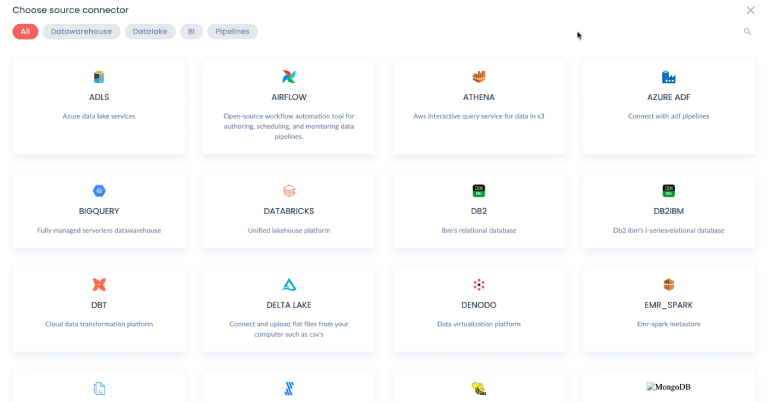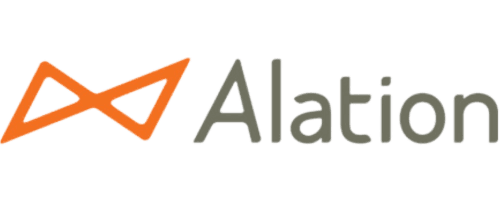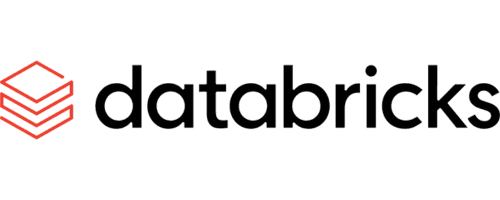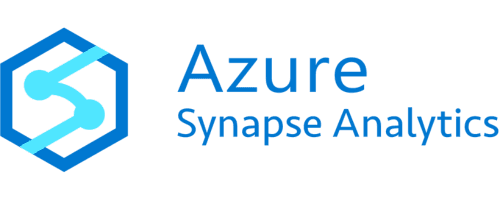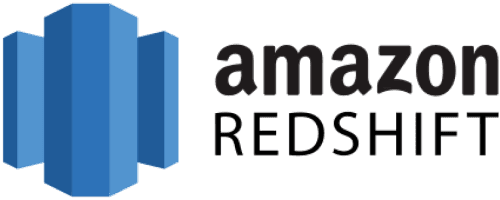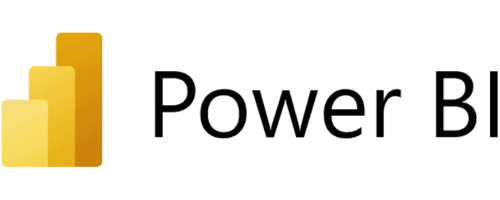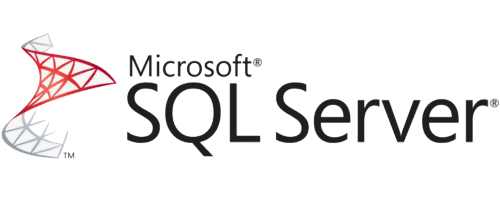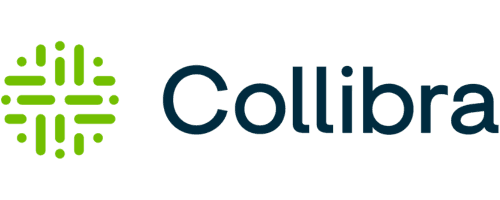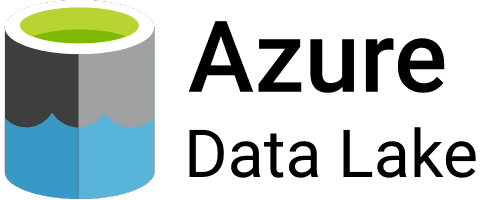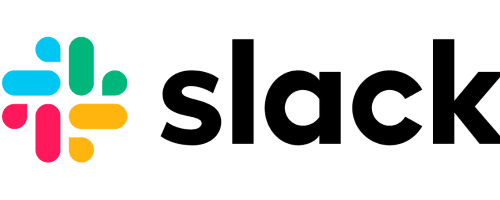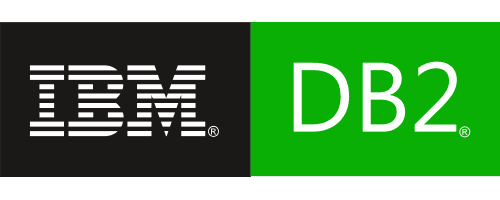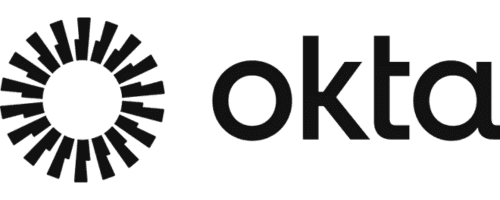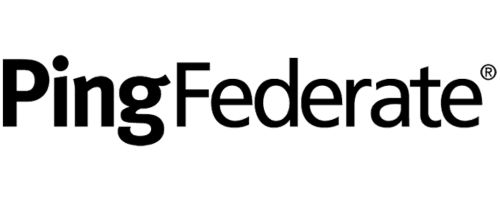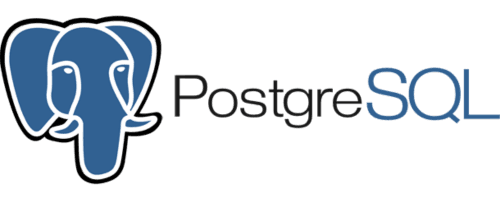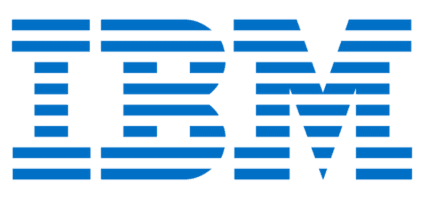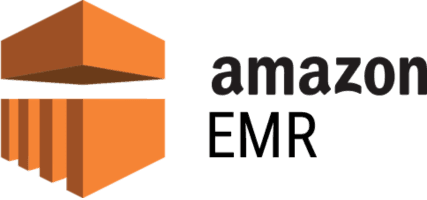Why DQLabs?
One Unified Platform. No More Data Issues.
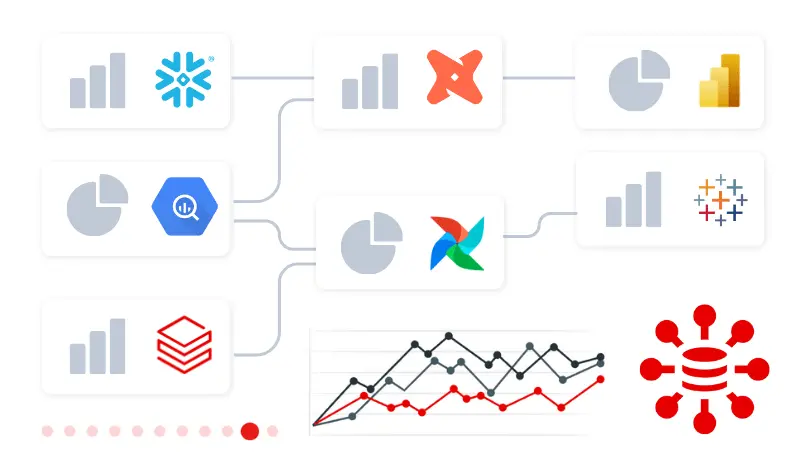
Data Observability
Ensure continuous data trust and actionable insights with instant issue detection, root cause analysis, and proactive alerts.
- Real-time monitoring of data, pipelines, usage, and cost.
- Automated anomaly detection with reduced false positives.
- Unified end-to-end pipeline observability.
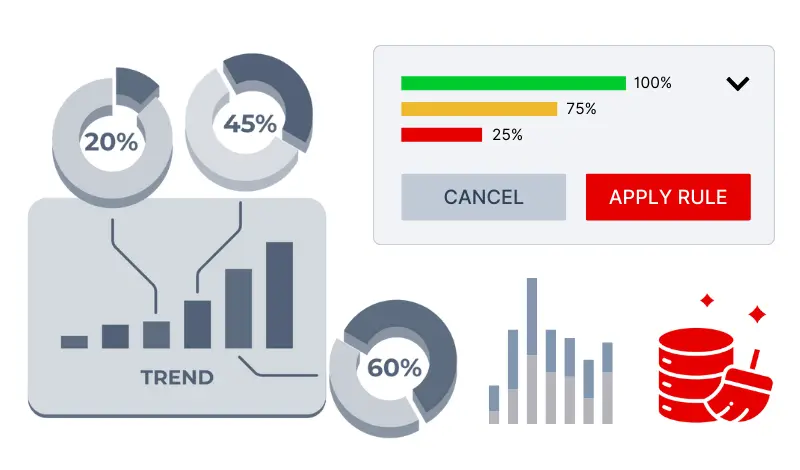
Data Quality
Enable trusted data for AI initiatives with AI-driven rule automation, OOB checks, and complete lineage assurance.
- Out-of-the-box and custom no-code rules for instant setup.
- AI-driven rule generation and attribute-specific recommendations.
- End-to-end data lineage and impact analysis for trust and compliance.
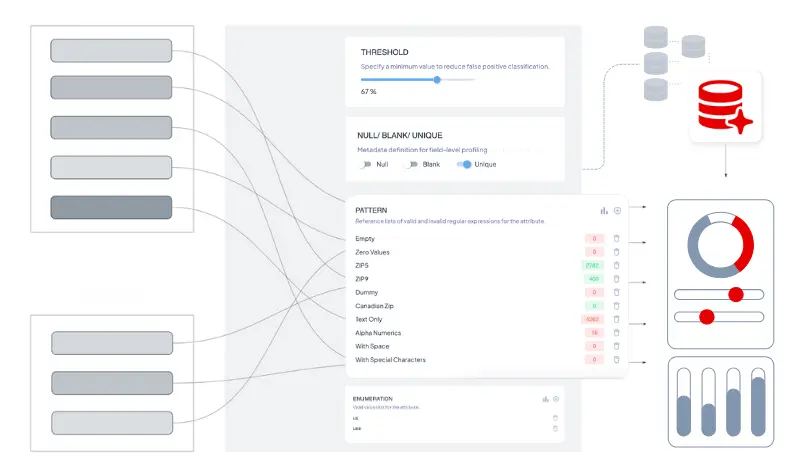
Auto Semantics
Operationalize business and domain context via automated discovery, classification, and tagging—powered by DQLabs’ semantic layer.
- Auto-discover and classify business context—no manual mapping.
- Instantly tag data assets with business terms and domains.
- Rapid rule inheritance and deployment accelerate onboarding.
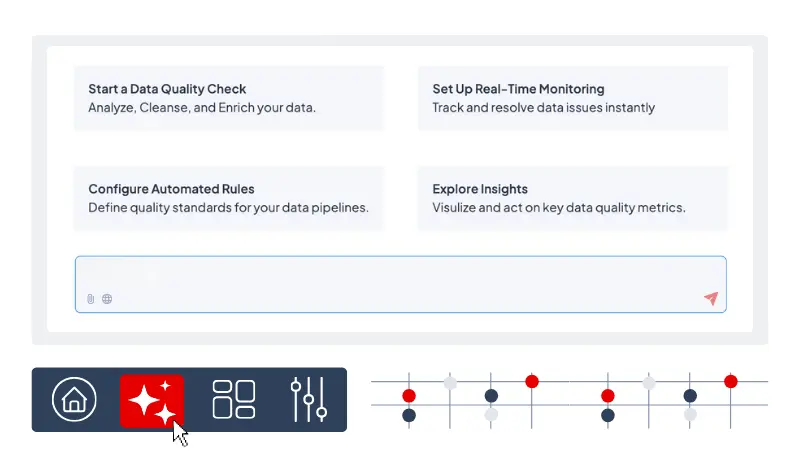
Agentic AI
Transform data management with autonomous AI agents for quality, observability, and efficiency at enterprise scale.
- Achieve faster MTTD with real-time anomaly and drift detection.
- Reduce dependence on SMEs with automated, repetitive task handling.
- AI-driven recommendations deliver smart rules and impactful quality insights.
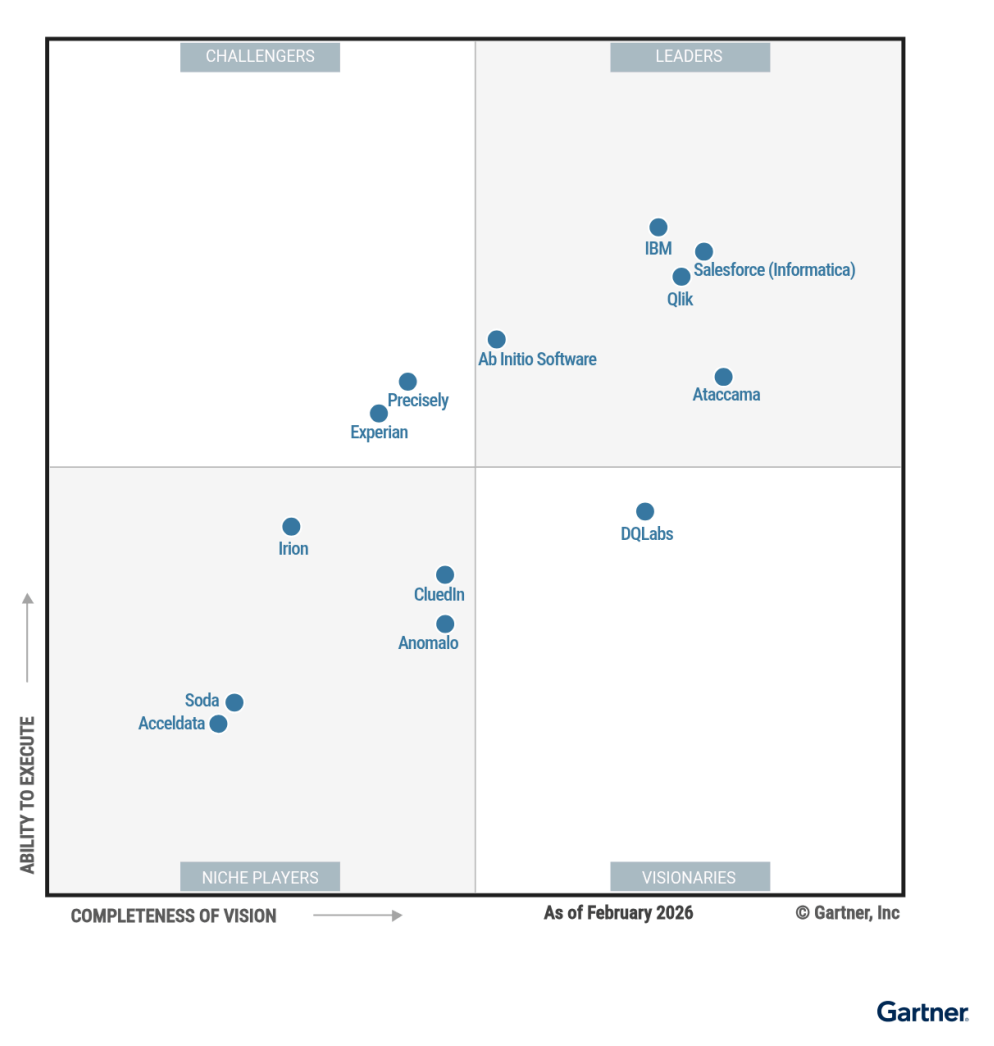
DQLabs Named a Visionary in the 2026 Gartner® Magic Quadrant™ for Augmented Data Quality Solutions
Recognized as a Visionary for the
second consecutive year
GARTNER is a registered trademark and service mark of Gartner, Inc. and/or its affiliates in the U.S. and internationally and is used herein with permission. All rights reserved.
DQLabs Platform
Unified Data Observability & Data Quality
Powered by Semantics & Agentic AI
